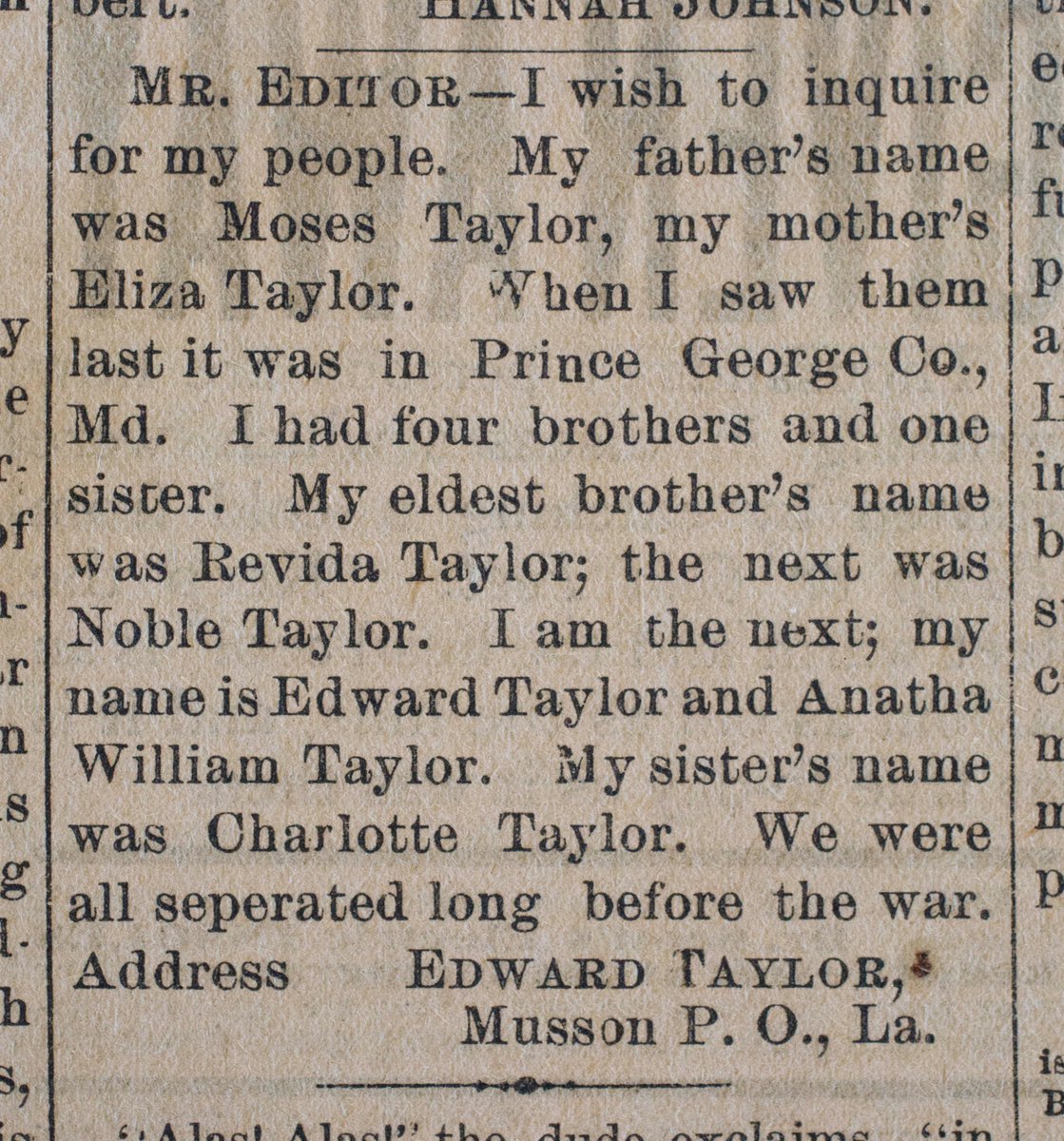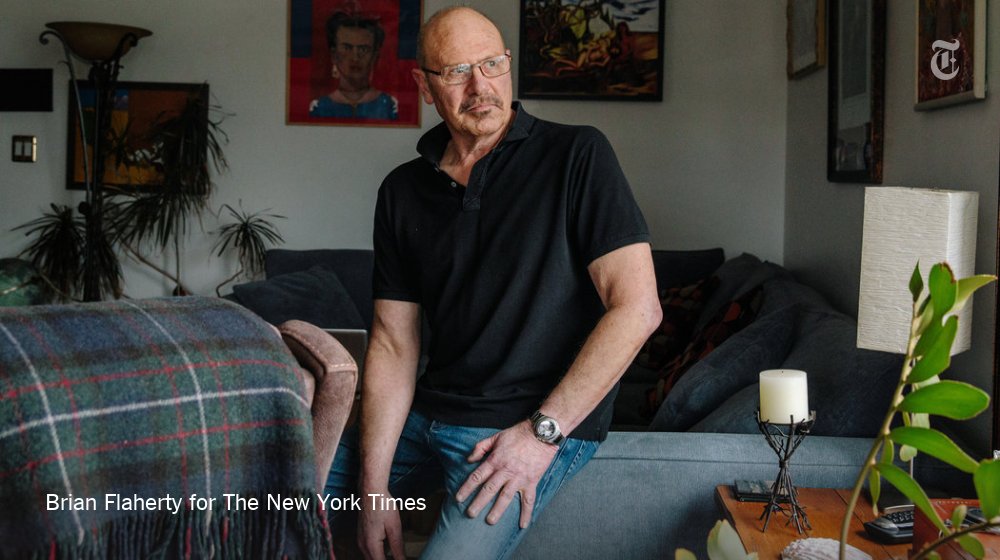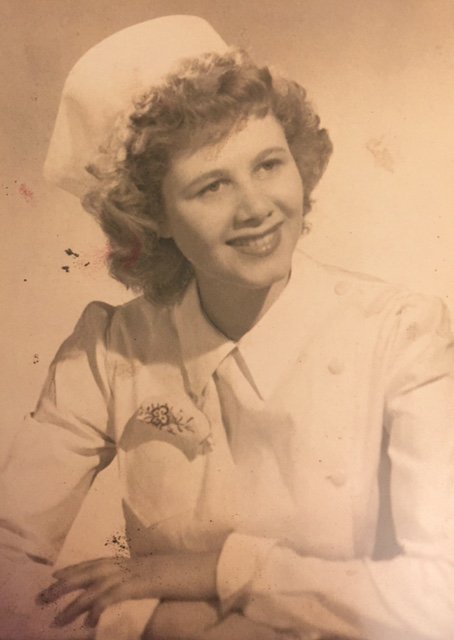
NYU professor. NYT contributing writer. Author of THE 272: The harrowing story of the Catholic Church and slavery and one family’s indomitable will to survive.
5 subscribers
How to get URL link on X (Twitter) App


 Edward Taylor was just three when the Jesuits sold him, his mother and siblings in the 1838 sale that saved Georgetown. He was sold again, torn from his relatives and shipped to Louisiana in 1846. He was only 11 years old. He never forgot his family. nytimes.com/2016/04/17/us/…
Edward Taylor was just three when the Jesuits sold him, his mother and siblings in the 1838 sale that saved Georgetown. He was sold again, torn from his relatives and shipped to Louisiana in 1846. He was only 11 years old. He never forgot his family. nytimes.com/2016/04/17/us/…

 Some might have asked: Was an 1838 slave sale even a story for the New York Times? I will be forever grateful to my editors @marclacey and @michaelluo for their support. I knew immediately that this was a story. What I didn’t know was where it would lead.
Some might have asked: Was an 1838 slave sale even a story for the New York Times? I will be forever grateful to my editors @marclacey and @michaelluo for their support. I knew immediately that this was a story. What I didn’t know was where it would lead.


 His mother had said she was Italian/Swedish. The DNA test showed she was African American. She had hidden her heritage for decades. (2/6)
His mother had said she was Italian/Swedish. The DNA test showed she was African American. She had hidden her heritage for decades. (2/6) 